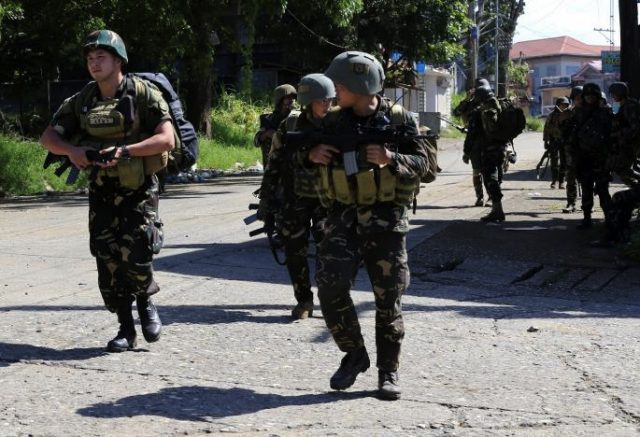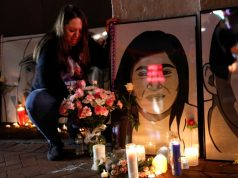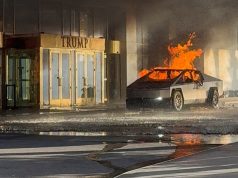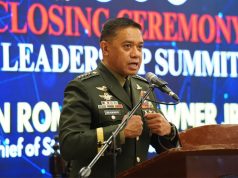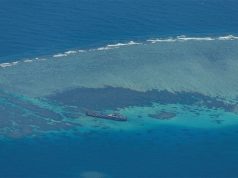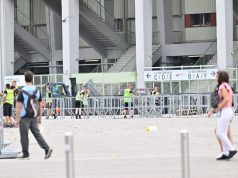MARAWI CITY – US troops are on the ground near Marawi City in the southern Philippines, but are not involved in fighting Islamist militants who have held parts of the city for more than three weeks, a Philippines military spokesman said on Wednesday.
The Armed Forces of the Philippines has previously said the United States was providing technical assistance to end the occupation of parts of Marawi City by fighters allied to the Islamic State group, but it had no boots on the ground.
“There are some US personnel who are operating equipment to provide information on situation awareness to our troops,” Brigadier General Restituto Padilla told a news conference.
“I do not know the exact number and the specific mission. They are allowed to carry rifles for self-defense. But they are not allowed to fight, they only provide support,” he said.
It was not clear how close to the battle zone the US troops were. They were from a contingent of Special Forces based in the southern city of Zamboanga, the Philippines military has said previously.
The US embassy in Manila did not respond to a request for comment.
A US official in Washington, speaking on condition of anonymity, said the United States was providing a P-3 surveillance plane as well as intelligence gathering from a drone. That drone, however, crashed on Saturday after it lost communication links with its operator, the official said.
On Wednesday, government forces attacked rebel positions in Marawi with bombs, tank fire and helicopter gunships, and plumes of smoke could be seen rising from the battered city. Some sniper shots could be heard.
Fighting died down in the afternoon when heavy rain fell.
It was the 23rd day of fighting in Marawi, and there was no sign that it would end any time soon.
‘No more deadlines’
“There will be no more deadlines,” said Padilla, referring to a promise by the military to clear the city by June 12, the country’s independence day. “It may take some time.”
In Washington, a security official who is familiar with the region said the battle in Marawi appeared to be locked in a stalemate.
“At the very least, it is not at all clear that government forces are presently winning or even gaining significant ground,” said the official, who spoke on condition of anonymity.
“Islamic State demonstrated significant determination and success in capturing and holding Mosul in Iraq and their effort in Marawi is of a similar notable quality.”
High-rise buildings
The seizure of Marawi has alarmed Southeast Asian nations which fear Islamic State – on the back foot in Iraq and Syria – is trying to set up a stronghold on Mindanao island that could threaten their region.
Another Philippines military spokesman said troops had gained a significant advantage by taking control of eight high-rise building in the battle zone where the militants had set up snipers and machine-gun posts. “This is very important,” Colonel Edgard Arevalo told reporters.
“We are in the final stage of our operation in Marawi. But we have to be very careful with our actions because there are still civilians in the area, they still have hostages and there are still people trapped in the firefight.”
The military said 290 people had been killed, including 206 militants, 58 soldiers and 26 civilians.
About 100 militants are in the besieged area, the military has said. There are also an estimated 300-600 civilians trapped or being held hostage in the city.
Islamic State’s news agency, Amaq, said its fighters controlled two-thirds of the city.
Responding to the report, Lieutenant General Carlito Galvez, head of military command in Western Mindanao, told Reuters the militants controlled 20 percent of the town.
“The truth is probably somewhere in between,” said the US security official.
The Philippines has been fighting twin insurgencies from Maoist-led rebels and Muslim separatists in the south for nearly 50 years.
Critics say military action is not enough to bring peace to a region that has long suffered from political neglect and poverty.

